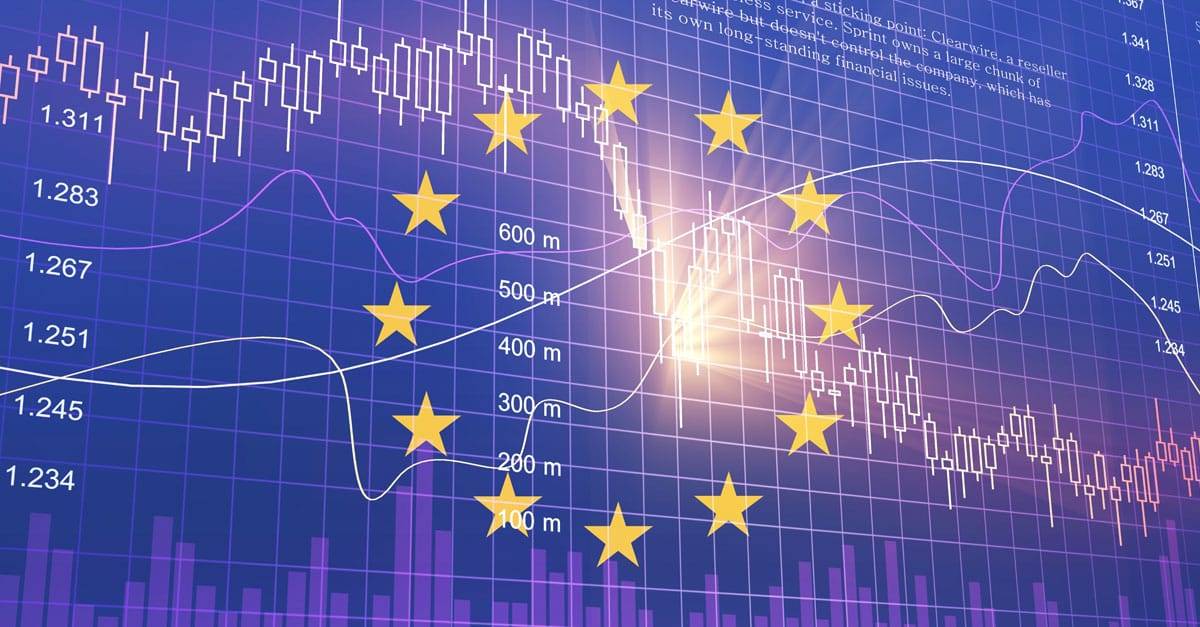The global economy has slowed but not stalled. The development has been marked by disruptions in energy and food markets caused by the war and the unprecedented tightening of global monetary conditions to combat decades-high inflation. It emphasises the complementary role of monetary policy frameworks, including communication strategies, in helping achieve disinflation at a lower cost to output through managing agents’ inflation expectations.
Inflation remained high
According to the IMF, total global output in 2023 is slated to be 3.4%, or roughly USD 3.6 trillion—below pre-pandemic projections. The gross domestic product (GDP) reached a level of USD 105 trillion, or USD 5 trillion higher than the year before. Inflation continued to decline around the globe due to a fall in energy prices and, to a lesser extent, food prices, but remained too high. From an annual average of 6.9% in 2023, it is expected to drop to 5.8% in 2024. Core inflation, excluding food and energy, was broadly stable at the level of 6.3% (state of October 2023). “Inflation remains uncomfortably high,” said IMF chief economist Pierre-Olivier Gourinchas. “Central banks… must avoid premature easing.”
The UN survey notices that labour markets in many developed economies have continued to show resilience, with low unemployment rates and recurrent worker shortages. Employment rates were at record high levels in many developed economies, and gender gaps have recently narrowed, in part due to the increased use of telework and flexible work arrangements.
Recovery in Services
Over the past year, strong demand for services supported service-oriented economies—including important tourism destinations such as France and Spain—relative to manufacturing powerhouses such as China and Germany. But service activity is now weakening alongside a persistent manufacturing slowdown, suggesting service inflation will decrease in 2024 and labour markets and activity will soften, according to the IMF.
Your Wealth, Our Priority: Altoo's Consolidation Power, Secure Document Management, and Seamless Stakeholder Sharing for High Net Worth Individuals. Preview Platform.
Tighter credit conditions, as a result of tight monetary policy, are weighing on housing markets and investment. Above all, this element hits countries with a higher share of adjustable-rate mortgages or where households are less willing or able to dip into their savings.
Volatile capital Markets
According to the PwC review, the stock markets continued to navigate choppy seas, and companies entering the public market faced challenges in 2023. The last two years have seen a slowdown in capital markets activity, reflecting broader economic uncertainties, market volatility, and geopolitical instability. Capital markets continue to grapple with a tug-of-war between macroeconomic and microeconomic forces. Investors remain vigilant about the uncertainty surrounding the economic landing, policy decisions (higher for longer), and the overall economic landscape, notices the economic research of Allianz. Despite the elevated macroeconomic uncertainty, investors continued to put their money on the corporates’ balance sheet resilience narrative, with a strong belief that companies’ fundamentals will remain positive until macroeconomic momentum rebounds.













